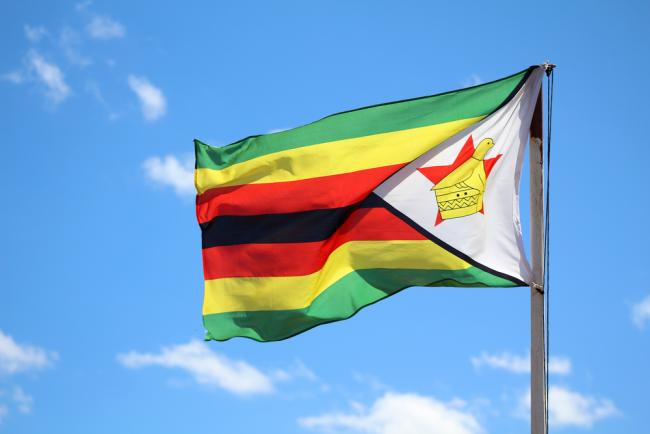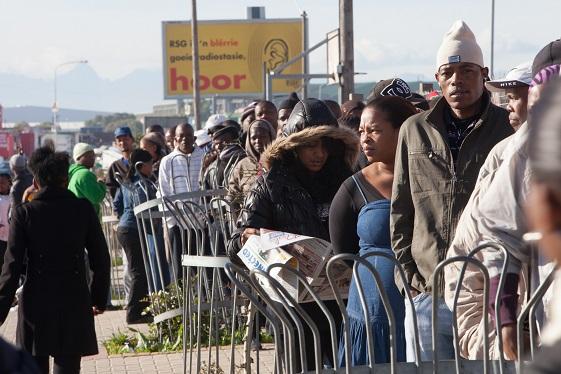
Practical information
In the framework of the Observatoire of Southern Africa and the African Great Lakes, Ifri co-organizes this conference on Southern Africa with the Directorate General for International Relations and Strategy (DGRIS) of the French Ministry of Defense.

Southern Africa has been considered since the beginning of the century as a pole of stability on the African continent, due in particular to the end of the civil war in Mozambique and the role of "good international citizen" claimed by South Africa. This stability can today be discussed owing to the internal situation of different countries in the region.
Instabilities in the Region
2:00-3:45
Robert Mugabe in Zimbabwe, the Endgame?, Vittoria Moretti (Center for Natural Resources Governance - CNRG)
The Criminalization of the State in Madagascar, Mathieu Pellerin (Ifri)
A Return to Instability in Mozambique ?, Régio Conrado (Les Afriques dans le monde - LAM)
Chair: Leslie Fauvel (La lettre de l’océan indien)
Which Path for South Africa?
4:00-6:00
Structural Inequalities in South African Economy, Nicolas Pons-Vignon (University of the Witwatersrand)
What Role for the Civil Society?, Koketso Moeti (Amandla.mobi)
Internal Dissensions within the ANC, Susan Booysen (University of the Witwatersrand)
Chair: Thierry Vircoulon (iIri)
The conference will be in English and French
Find out more
Robert Mugabe in Zimbabwe: the Endgame?
The descent into the morass of failure seems relentless for a country that used to be, at the aftermath of its independence in 1980, the “jewel in Africa” to be carefully preserved, as former Tanzanian President Julius Nyerere advised an acclaimed Mugabe ascending into power.
South African Local Elections 2016. From One Party Dominance to Effective Plural Democracy
The South African political landscape experienced a shock from an unlikely source; the country’s local government elections on August 3, 2016 representing the last tier of government and often overlooked in favour of national and provincial polls.
The Election of Mmusi Maimane as Leader of the Democratic Alliance: a New Era for the Opposition in South Africa
At the end of the Democratic Alliance (DA)’s federal congress held in Port Elizabeth on Sunday 10th May 2015, Helen Zille was replaced by Mmusi Maimane after eight years as leader of South Africa’s largest opposition party. This passing of the baton had a significant impact both nationally and internationally because of the colour of Mmusi Maimane’s skin: for the first time, the party will actually be led by a black man. More than 20 years after the end of apartheid it may seem surprising that this event has excited people’s curiosity and interest, but it demonstrates that until now South African politics have often been polarized along race lines.
Gas in Mozambique: a High-risk Economic Revolution
Since oil was discovered in Uganda in 2006, East Africa has been an arena for a race in the exploration for hydro-carbons. Yet the oil reserves in Uganda, the more recent and modest ones in Kenya and the few pockets of gas in Ethiopia are on a completely different scale from the enormous gas resources discovered since 2010 in the off-shore waters of Mozambique and Tanzania.







